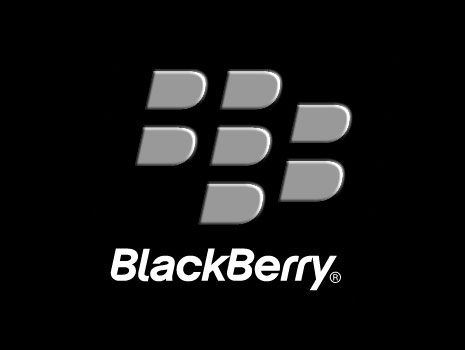 NEWS
NEWS
 NEWS
NEWS
 NEWS
NEWS
![]() BlackBerry had high hopes for 2013. The company started the year with the launch of the BlackBerry Z10, its first fully touchscreen smartphone, followed by the appointment of Alicia Keys as its global creative director, and officially changing its name from Research in Motion to BlackBerry.
BlackBerry had high hopes for 2013. The company started the year with the launch of the BlackBerry Z10, its first fully touchscreen smartphone, followed by the appointment of Alicia Keys as its global creative director, and officially changing its name from Research in Motion to BlackBerry.
Everyone thought it was the year BlackBerry would finally make it back to the top of the mobile tree, but things started to fall apart. Consumers were not interested in the Z10 as its features were no match for what others are offering in the smartphone market. BlackBerry fans waited on the Q10, a smartphone running on BlackBerry 10, but with the company’s iconic QWERTY keyboard that people were previously so fond of.
Things quickly went from bad to worse, when BlackBerry announced later in the year that it was exploring other options to make things work, with one of those options being to sell th entire company. Fairfax Equity Holdings was quick to bid for the company, offering $9 per share, but deal didn’t push forward and BlackBerry soon announced that the company was no longer up for sale, hiring interim CEO John Chen to try to salvage the company. Before the year ended, Chen hired two of his SAP colleagues to help him turn the dire situation around.
A new year marks the beginning of another journey for BlackBerry and its starting this year with a clear plan for the future. First off, Chen announced that the company will be focusing on the enterprise since it is its best bet in reviving the company. Most corporations still rely on the security of BlackBerry’s mobile infrastructure and it’s still “the only MDM provider to obtain “Authority to Operate” on U.S. Department of Defense (DoD) networks,” which is quite a huge deal for a mobile company. With increasing threats on mobile devices, the need for something secure continues to grow.
The second part of the plan is sticking with physical keyboards on devices. Yes, you read that right, physical QWERTY keyboards will be back on BlackBerry devices. Some may see this as a backwards steps from whgat others like Samsung and Apple are doing with touchscreens, but this may be what BlackBerry needs. Not many may like the physical keyboard but there are still markets for such devices. BlackBerry can focus on people who’re interested in its devices and worry not about being compared to other players in the smartphone market.
The company also plans to outsource its manufacturing and design elements to Foxconn to lessen its costs. Outsourcing is cheaper since labor fees are much lower in other countries, plus BlackBerry doesn’t have to maintain an in-house manufacturing arm in its headquarters.
And finally, BlackBerry is aiming for a five percent market share for this year. Five percent may not seem much compared to what Android and iOS devices have, but it will be a good (re)start for a company which once dominated the mobile market.
THANK YOU